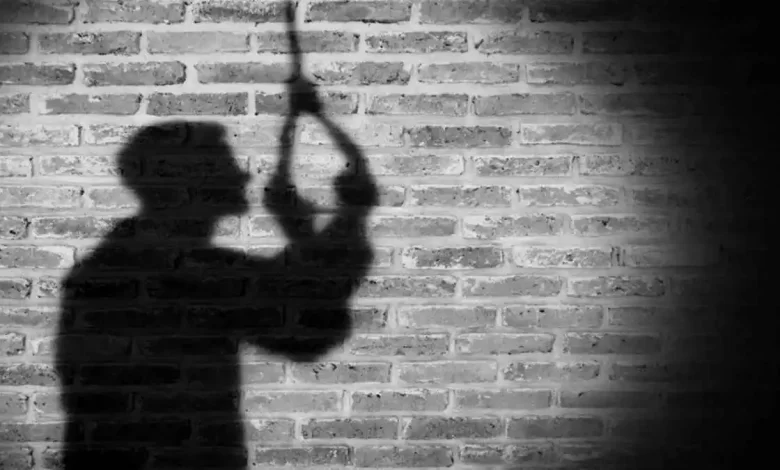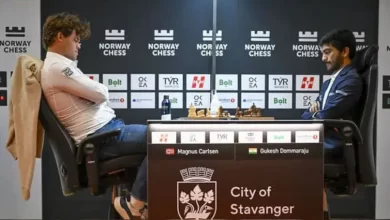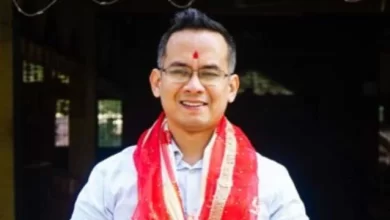
Bengaluru techie suicide: A reality check of family court system
The suicide note left behind by Atul Subhash, a 34-year-old software engineer from Uttar Pradesh, who died in Bengaluru, has put a spotlight on the dark side of the family court system. The over 20-page suicide note and video, where Subhash gave details of his history with his wife, the court case and the impact on his family and mental health has raised serious concerns about the system.
ABETMENT OF SUICIDE
The letter by Subhash raised serious allegations against his wife, his family and even the court system for pushing him towards the decision to end his life. A look at the provisions relating to the abetment of suicide, however, raises the question of whether the case would come within the strict legal definition.
Various judgments of the Supreme Court and various High Courts in cases of abetment of suicide, particularly, in cases where women die by suicide due to cruelty by in-laws, have noted that the “ingredients” of abetment have to be considered in such cases. While the dying declaration or suicide note is seen as important evidence, courts have held that even the dying declaration or a suicide note is not enough for a conviction for the offence of abetment of suicide.
In 2020, the Supreme Court quashed charges against media giant Arnab Goswami, noting that “to constitute the offence of abetment there must exist a direct or indirect incitement to the commission of a crime, an active role of the accused in instigating or doing an act facilitating the commission of the crime, and the existence of a proximate relationship in time”.
The Bharatiya Nyaya Samhita (BNS) uses the same language as the previous Indian Penal Code to define the abetment of suicide. Section 108 of the BNS reads that if any person dies by suicide, whoever abets the commission of such suicide, shall be punished with imprisonment of either description for a term which may extend to ten years, and shall also be liable to a fine.
The offence of “abetment of a criminal act” also gives a detailed definition to the term “abet” under section 45 of the BNS. A person abets the doing of a thing, who instigates any person to do that thing, engages with one or more other person or persons in any conspiracy for the doing of that thing, if an act or illegal omission takes place in pursuance of that conspiracy, and in order to the doing of that thing, or intentionally aids, by any act or illegal omission, the doing of that thing.
Subhash’s suicide note gave a detailed account of the frustration felt by him due to the actions of his wife and even cites two instances where his wife and mother-in-law taunted him about dying by suicide. These instances are in March and April this year. The question may be asked then whether this could be considered a “proximate or direct” cause of his decision to take his own life.
LAW AND ALIMONY
Section 125 of the CrPC and the rules relating to alimony and maintenance have been geared towards ensuring that women and children are not left destitute in case of marriage failure. In 2020, the Supreme Court set down guidelines in the Rajnesh vs Neha verdict for uniformity and consistency in granting maintenance and alimony.
While the bench noted that a straightjacket formula could not be created, it laid down the factors that have to be considered, including the income of both spouses, duration of marriage, needs of the child, position and status of both parties. The court also held that reasonable expenses of the husband and any dependents and liabilities would also have to be considered when deciding the quantum of the alimony.
Under the Hindu Marriage Act, Section 24 states that a “deserving husband” can also claim maintenance from his wife if he can show that his income/earnings is not sufficient for his living and support during the pendency of the divorce proceedings. Section 25 also allows for permanent or one-time alimony for the husband in such a situation at the time of the grant of final divorce.
The provisions of the CrPC, the Bharatiya Nagrik Suraksha Sanhita and the Protection of Women from the Domestic Violence Act also allow for change in the amount of maintenance/compensation awarded in case of change in circumstances of either party. This would include changes in financial circumstances, including job loss/change, or if the wife gets a higher salary than the husband, or other changes in circumstances such as the re-marriage of either party.
The courts have also observed that despite statutory provisions granting a time-bound period for disposal of proceedings for interim maintenance, applications remain pending for several years in most cases.
The Rajnesh verdict also held that delays in award of maintenance are caused by various factors, such as tremendous docket pressure on the family courts, repetitive adjournments sought by parties, enormous time taken for completion of pleadings at the interim stage itself. In other verdicts, the courts have said that the alimony and maintenance amounts can be modified depending on changes in the circumstances of either the husband or the wife.





